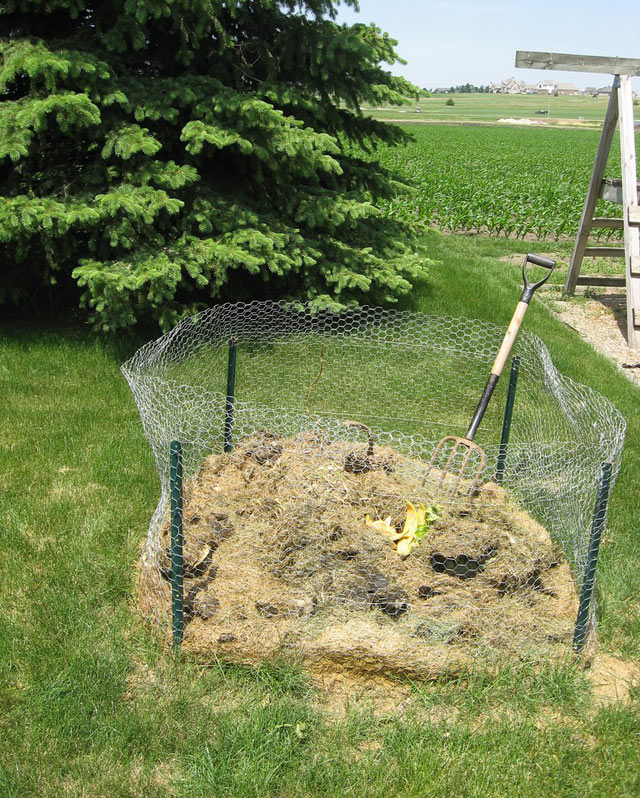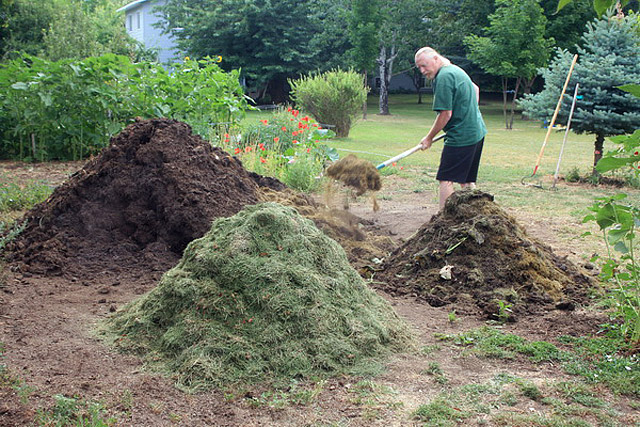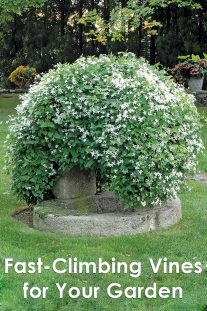
Compost grass clippings looks like a logical thing to do, and it is, but you do need to consider some things about composting lawn before you go ahead and do it. Read more about composting grass clippings means that your compost pile in general will be better.
What You Need to Know Before Composting Grass Lawn
The first thing you should know before adding the cut to the compost pile grass is that you do not have to settle its cut grass . Collecting grass clippings to fertilizer can be a big task and if mowing the lawn properly, is an unnecessary task. Mowing at the right height and the right frequency means that the cuts decompose naturally on the lawn, without assuming any harm. In fact, allowing grass clippings decompose in the natural turf that helps add nutrients to the soil and reduce the need for fertilizer your lawn.

If you need to remove your lawn clippings however, you still need to know more about the process of making compost grass clippings. Most importantly, it is necessary to note that freshly cut grass is considered a “green” material in the compost pile. A compost pile must have a proper balance of green materials and brown in order to decompose properly, so that when composting grass clippings that are freshly cut, you need to ensure that brown is also added, such as dry leaves . But if you’ve allowed their grass clippings to dry completely before adding them to your compost pile (which will be brown), and are, by a brown material.
Many people also have concerns about composting grass lawn that has been treated with herbicides and how this will affect your credit. If composting cuts residential turf is then herbicide legally can be used on your lawn you are required to be able to break in a matter of a few days and should not pose any additional risk to other plants that receive based composts of these grass clippings. However, if you are using the cut grass from a non-residential location, such as a farm or a golf course, there is a significant chance that the herbicides used in these grass clippings can take weeks or even months to break down and, so therefore, they may pose a threat to plants receiving compost from this type of grass clippings.
How to Compost Grass Clippings
One may think that the grass is cut composting as easy as just throwing grass on the compost pile and then away. This is not true, especially if you are talking about fresh grass clippings. Because the grass is green material and tends to form a mat after being cut and stacked, simply toss grass clippings in the compost pile can result in a slow compost pile and / or smelly. This is due to the fact that the grass can become compacted and very humid, which prevents aeration and leads to death of microbes that make composting happen.

In other words, grass clippings handled inappropriately in the compost heap can result in a putrid, dirty disaster. Instead, when compost grass clippings, make sure it is mixed or grass clippings is turned in the stack. This will help distribute uniformly green material through the stack and prevent the grass mat is formed on the stack.
Composting and cut grass is a good way to recycle nutrients that uses green lawn and add much needed materials to your compost pile. Now that you know how to compost grass, you can take advantage of this abundant resource and help maintain only a little less crowded landfills.




Leave a Reply